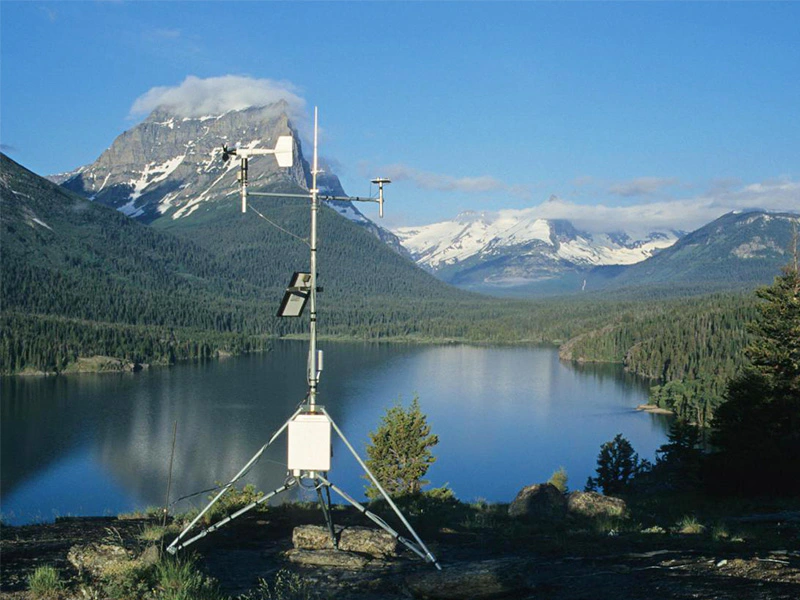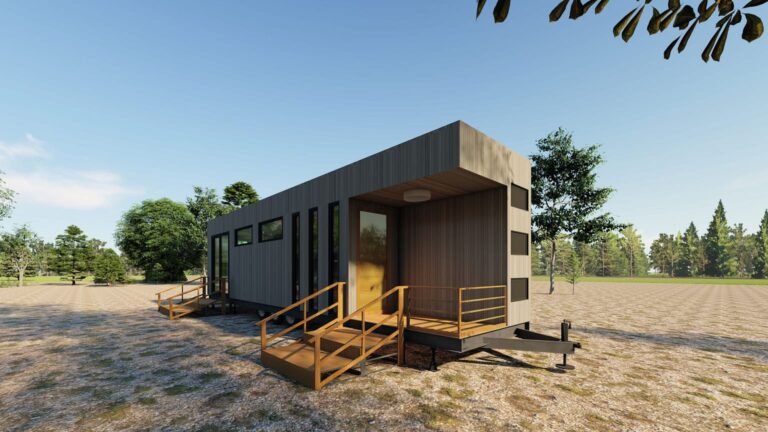Meteorological Station Operations and Data Collection

# Meteorological Station Operations and Data Collection
## Introduction to Meteorological Stations
Meteorological stations play a crucial role in weather forecasting and climate research. These facilities are equipped with specialized instruments to measure various atmospheric conditions, providing valuable data for scientists, governments, and the general public.
## Key Components of a Meteorological Station
A standard meteorological station typically includes several essential instruments:
– Thermometers for temperature measurement
– Barometers for atmospheric pressure
– Hygrometers for humidity levels
– Anemometers for wind speed and direction
– Rain gauges for precipitation measurement
– Pyranometers for solar radiation
## Data Collection Process
The data collection process at meteorological stations follows strict protocols to ensure accuracy and consistency:
1. Automated sensors record measurements at predetermined intervals (usually hourly)
2. Manual observations supplement automated data when necessary
3. Quality control checks verify the reliability of collected data
4. Data is transmitted to central databases for analysis and distribution
## Importance of Standardization
International standards govern meteorological station operations to ensure data comparability across different locations. The World Meteorological Organization (WMO) establishes guidelines for:
– Station siting and exposure
– Instrument calibration
– Observation times and frequencies
– Data recording formats
## Modern Technological Advancements
Recent technological developments have significantly enhanced meteorological station capabilities:
– Automated weather stations (AWS) with remote monitoring
– Improved sensor accuracy and durability
– Enhanced data transmission systems
– Integration with satellite and radar data
## Applications of Meteorological Data
The information collected from meteorological stations serves numerous purposes:
– Weather forecasting and severe weather warnings
– Climate change research and monitoring
– Agricultural planning and irrigation management
– Aviation and maritime safety
– Renewable energy production optimization
## Challenges in Meteorological Data Collection
Despite technological advancements, meteorological stations face several operational challenges:
– Maintaining equipment in harsh environmental conditions
– Ensuring data continuity during power outages
– Addressing urban heat island effects on measurements
– Securing stations against vandalism and wildlife interference
## Future Directions
The field of meteorological observation continues to evolve with emerging trends:
– Expansion of microclimate monitoring networks
– Increased use of citizen science data
– Development of more compact and affordable sensors
– Enhanced data integration with artificial intelligence systems
Meteorological stations remain fundamental to our understanding of atmospheric processes and their impact on human activities. As technology advances, these facilities will continue to provide increasingly precise and comprehensive data essential for addressing global environmental challenges.
Keyword: meteorological station
